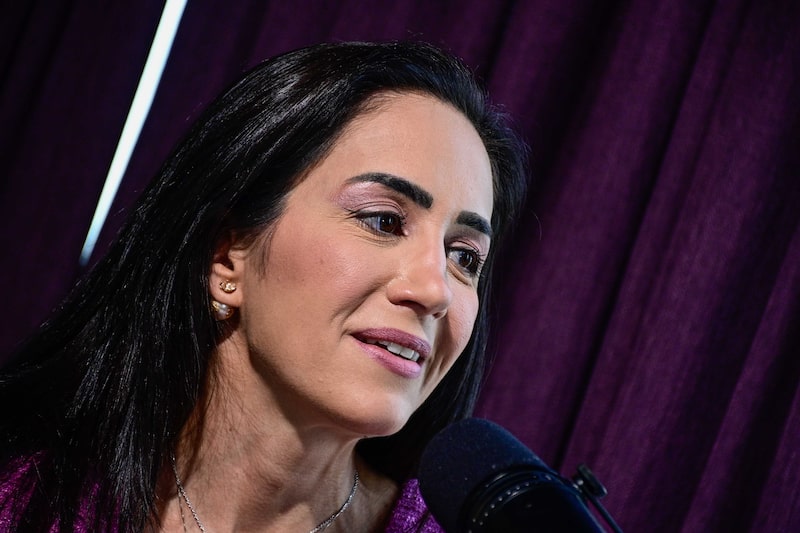Mexico City — Brazilian digital bank Nu Holdings Ltd. (NU) has set its sights on Mexico in 2024 and is willing to spend to accelerate growth in its second-largest market after Brazil, without setting a time limit to reach profitability. “There is no limit to how long we will wait for profit (...) we will not have profits for 2024 and after that, it will depend on the growth trajectory, but our priority will be to do what is best in the long term,” said Cristina Junqueira, Nubank’s co-founder and Chief Growth Officer, in an interview on Bloomberg Línea’s podcast, La Estrategia del Día.
Junqueira emphasized that, at the holding level, Nubank has $2.3 billion reserved for the growth of the markets in which it operates – Brazil, Mexico, and Colombia. The company’s focus is on justifying losses as “well-thought-out and calculated” to attract desired customers.
While Junqueira stated that Mexico may not contribute more customers than Brazil, it could generate higher revenues than its headquarters “because there is a very high demand for products and services and much less penetration in the population.”
The company adopts a similar approach to delinquency when it comes to Nu Mexico’s portfolio. The subsidiary, operating as a Sociedad Financiera Popular (Sofipo), had a delinquency rate (IMOR) of 10.26% at the end of September, above the sector’s 9.85%, according to the National Banking and Securities Commission (CNBV). This rate is also higher than the 2.15% IMOR reported by the multiple banking sector in the same month, a group that Nu Mexico aims to join after formally applying for the banking license in October 2023.
Junqueira mentioned that while delinquency is slightly higher, it is proportional to the customers they serve, and she did not share specific target range data for this indicator. She stated, “We are not solving for a delinquency number; we are acquiring many customers who fit the risk and usage profile we want in our customer base.”
Banking license in Mexico
Regarding the process of obtaining a banking license in Mexico, Junqueira mentioned that they would like to have approval from the authorities this year. In the meantime, they are in constant contact with local authorities to address any questions or requirements.
According to Junqueira, regulators in Mexico “are open to competition, open to players who want to do something good for customers, for the market, and we have data showing that we are doing that.”
Nu Mexico’s license application is one of several submitted to the CNBV. Hey Banco, Banregio’s digital bank, also expects its own license, while Bineo from Banorte and Santander’s Openbank obtained theirs in 2022 and 2023, respectively.
In October 2023, Moody’s, the credit rating agency, considered that the banking license would open growth opportunities for Nu Mexico but also posed the challenge of maintaining efficiency amid higher operating costs due to regulatory burdens.
Other markets
In other markets like Colombia, Nubank is also making strategic moves to grow. The company launched the interest-bearing savings account “Cuenta Nu,” a product that was contracted by 2.4 million users in Mexico in about four months. Junqueira stated that, although it is too early to evaluate the product’s performance in the country, it has been well-received by the public.
Regarding Argentina, where Nubank opened an office in 2019 and later closed it, Junqueira does not rule out the possibility of returning in the future. She stated, “It is a market that has many people, people who would also like to have more options, better services; but it is a complex country to navigate. We would like to see a more stabilized macro environment to even think about it.”



